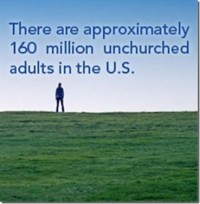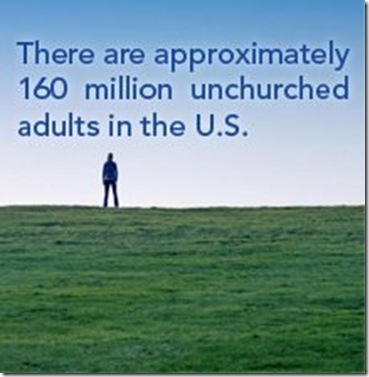 I recently read The Gutter: Where Life is Meant to be Lived.
I recently read The Gutter: Where Life is Meant to be Lived. The basic message is that if you want to follow Jesus into the world, you better head for the gutter. This is so true. Jesus was, after all, a friend of sinners.
I was so impressed by this book, I got online to find out more about the author, Craig Gross.
I found that he is one of the co-founders of XXX Church, a ministry reaching out to those caught up in the sex industry. Whether you are a person addicted to pornography, a woman caught in prostitution, or anything in between, they want to help. Also, if you want to help keep yourself accountable when surfing the Internet, I recommend their free X3 Watch software.
If you like Craig’s book, you should also get Starving Jesus: Off the Pew, Into the World.




 I used to pastor in the Kootenai mountain region of Montana. I loved it up there. Wonderful people of all sorts. I even knew a few like the man below.
I used to pastor in the Kootenai mountain region of Montana. I loved it up there. Wonderful people of all sorts. I even knew a few like the man below.
 Did you see the
Did you see the 



 In the Lonesome Dove movies, there is a big emphasis on the vision of Captain Woodrow Call, and how he turns his vision into reality.
In the Lonesome Dove movies, there is a big emphasis on the vision of Captain Woodrow Call, and how he turns his vision into reality.
 To learn about this world we live in, there are a variety of things we can do, but every Christian must be doing something to learn about people we are trying to reach. Though the best way to do this is with developing personal relationships with people, one quick way to learn is through blogs and websites.
To learn about this world we live in, there are a variety of things we can do, but every Christian must be doing something to learn about people we are trying to reach. Though the best way to do this is with developing personal relationships with people, one quick way to learn is through blogs and websites.




 I have a friend who sees everything wrong with the world, and then looks at the average Christian, and as a result wants nothing to do with Christianity.
I have a friend who sees everything wrong with the world, and then looks at the average Christian, and as a result wants nothing to do with Christianity.